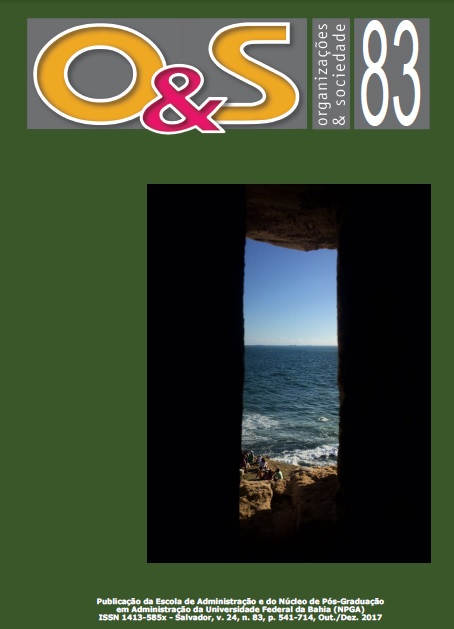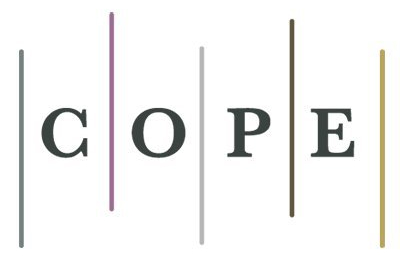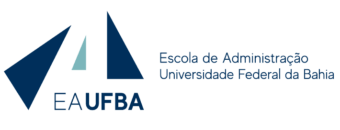Sustainable food chains: the role of collective action and government incentives
Keywords:
sustainability, food chain, collective action, institution, incentivesAbstract
We examine the role of collective actions as supporting elements of a long lasting sustainable food supply chain. The main contribution of this article is to link the idea of sustainable supply chain and the collective action problem (horizontal coordination) that may be required in order to deal with externalities related to the provision of sustainable products. In addition, we analyze how the presence or absence of government incentives shapes collective action in the food industry. We base our analysis in a simple formal argument inspired by case studies regarding sustainable farming in Brazil and the Netherlands. Results show that horizontal mechanisms of cooperation maintain positive levels of sustainability, even in the absence of direct payments by the government.
Downloads
Downloads
Published
How to Cite
Issue
Section
License
This work is licensed under a Creative Commons Attribution 4.0 License.
The O&S adopts a Creative Commons Attributions License 4.0 in all published works, except where specifically indicated by copyright holders.






